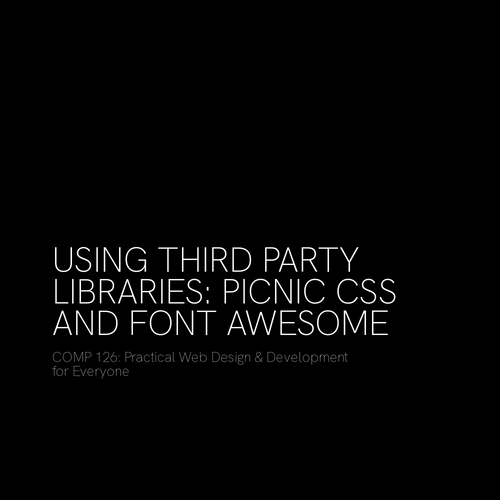Intellectual Property and Creativity in a Digital Age
what is property?
In what ways is intellectual property different from physical property?
types of ip protection: what is covered/not?
- Copyright
- Patent
- Trademark
- Trade secret
copyright and the public domain
- What is the public domain? What does it contain?
- When do different types of IP enter the public domain?
- Copyright: to register or not to register?
the fair use test
- Purpose and character: commercial vs. educational uses (this is not iron-clad); is the use "transformative"?
- Nature: fiction vs. non-fiction
- Amount and substantiality: how much? is the "heart" of the work being used?
- Effect on the market: current and/or potential harms
drm & "Hacking" law
- 1984: Sony v. Universal City Studios: Betamax VCRs, time shifting
- 1986: Computer Fraud & Abuse Act
- 1992: Audio Home Recording Act: devices permitted to make “backup” copies; SCMS required; royalties
- 1998: Recording Industry Association of America v. Diamond Multimedia Systems, Inc.: Rio, computer drives, portability
- 1998: Digital Millennium Copyright Act: circumvention of DRM and production of circumvention devices/methods
digital media & the Internet: challenges to IP practices & ethics
- The Aaron Swartz story: Jstor, SOPA/PIPA, etc.
- Sharing/access/freedom vs. theft?
- Why does the public domain matter?
- What about Creative Commons licensing?
- Issues with authorship: who owns the rights to a piece of software?
from “On Piracy, or, Nick Bradbury Is an Amazing Idiot” (Swartz, 2004)
Nick has no innate right to have people pay for his software, just as I have no right to ask people to pay for use of my name. Even if he did, most people who pirate his software probably would never use it anyway, so they aren’t costing him any money and they’re providing him with free advertising. . . . Yes, piracy probably does take some sales away from Nick, but I doubt it’s very many...
Stealing is wrong. But downloading isn’t stealing. If I shoplift an album from my local record store, no one else can buy it. But when I download a song, no one loses it and another person gets it. There’s no ethical problem. The evidence that downloading hurts sales is weak, but even if downloading did hurt sales, that doesn’t make it unethical. Libraries, video rental places, and used book stores (none of which pay the artist) hurt sales too. Is it unethical to use them?
from “guerilla open access manifesto” (Swartz, 2008)
Information is power. But like all power, there are those who want to keep it for themselves. The world’s entire scientific and cultural heritage, published over centuries in books and journals, is increasingly being digitized and locked up by a handful of private corporations. . . . Providing scientific articles to those at elite universities in the First World, but not to children in the Global South? It’s outrageous and unacceptable. . . . We can fight back. Those with access to these resources—students, librarians, scientists—you have been given a privilege. You get to feed at this banquet of knowledge while the rest of the world is locked out. But you need not—indeed, morally, you cannot—keep this privilege for yourselves. You have a duty to share it with the world.
380-Intellectual Property & Creativity in a Digital Age
By tkjn
380-Intellectual Property & Creativity in a Digital Age
- 857



